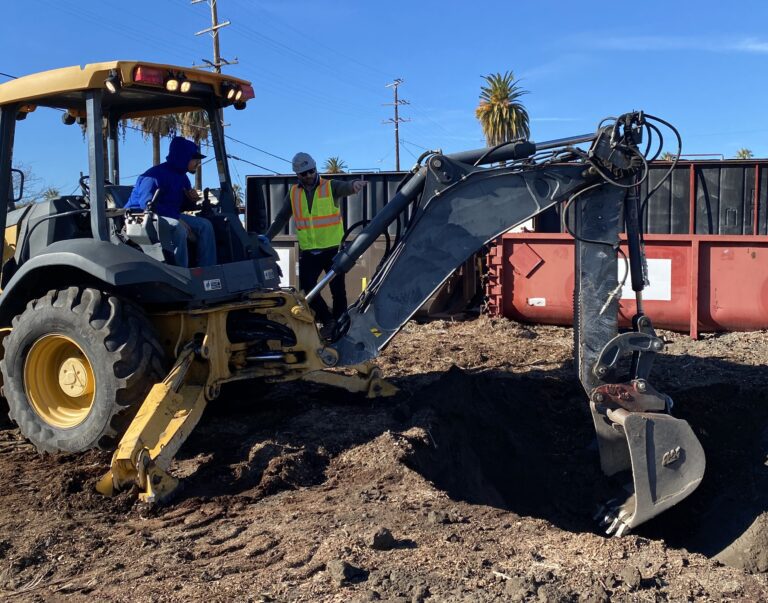Seismic Moment
Seismic Moment: In the seismology branch of geology, seismic moment represents a measure of the size of an earthquake, depending on the area of rupture, the rigidity of the rock, and the amount of slip from faulting.
Seismic Moment: In the seismology branch of geology, seismic moment represents a measure of the size of an earthquake, depending on the area of rupture, the rigidity of the rock, and the amount of slip from faulting.

Plat Map Definition Plat Map: A plat map provides the metes and bounds of a parcel in a large tract (to scale), as well as the legal land-use rights and limitations. Additionally, it demonstrates locations of streets and public utility easements, as well as ingress and egress easements. And sometimes plat maps provide information about…

Hydro-Geology (Hydrogeology) Hydro-Geology (Hydrogeology): Hydrogeology is a branch of geology that relates to the study of the earth’s natural groundwater and surface water systems. Whereby geologists study the physical and chemical properties of unconfined aquifers, confined aquifers, river systems, lake beds, oceanwater, natural geysers, and more.

Environmental Professional Definition Environmental Professional: As per the EPA’s All Appropriate Inquiries Rule, an environmental professional is an environmental consultant that has an accredited education in earth or natural science, at least five years of formal training under another environmental professional, a professional state license, and maintains expert knowledge in the environmental geology, sustainability, and…

Darcy’s Law In the field of geology, Darcy’s Law is the universal and basic equation representing groundwater flow through a study area. Darcy’s Law Formula Q = KiA The following variables and coefficients apply to this formula: “K” = Hydraulic Conductivity; “Q” = Discharge Rate; “A” = Area of Cross-Section that Water Flows;

Hardpan (Caliche) “Hardpan” is a highly dense and solid layer of soil near the ground surface, which is usually comprised of clay or silty-clay soils. Hardpan forms by cementation over time, during the process of precipitation of insoluble substances such as calcium carbonates, silica, iron oxides, and other organic matter. “Hardpan” is a term mostly…

Mechanical Extraction System Mechanical Extraction System: Per the Los Angeles Department of Building and Safety (LADBS) Methane Code, Ordinance Number 175790, a Mechanical Extraction System is one of the Active Methane Mitigation criteria for methane mitigation systems in buffer zones and methane zones. A mechanical extraction system uses machines that remove methane gas from below…